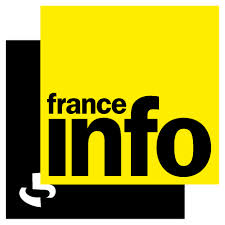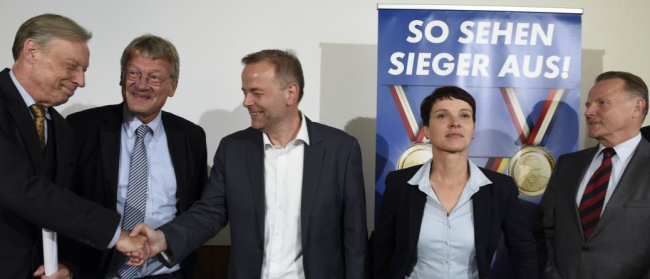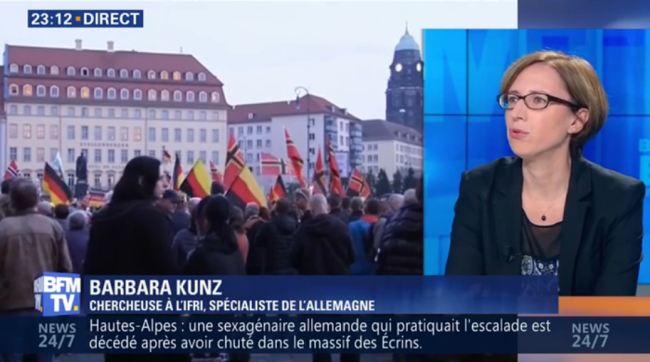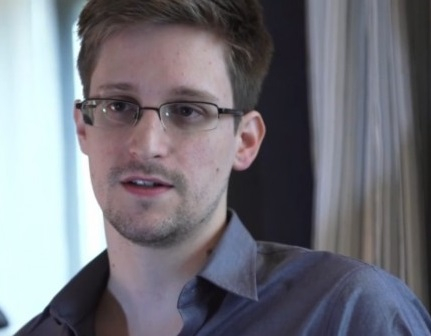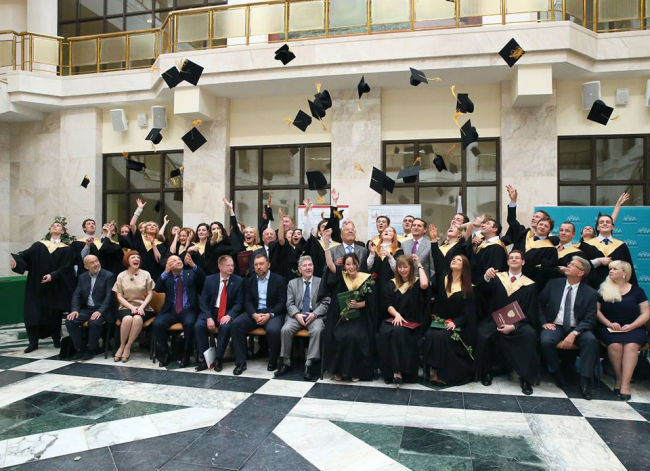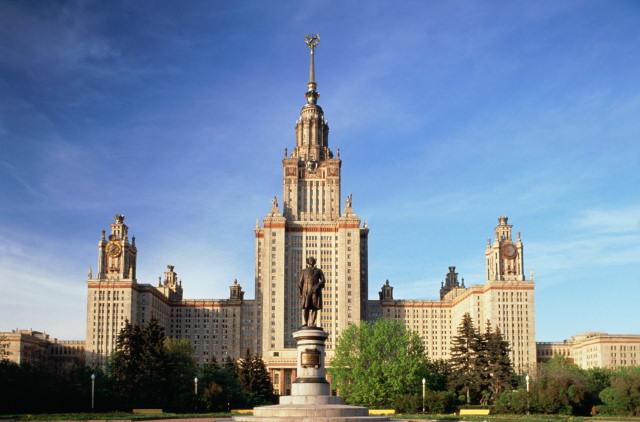Societies
The existence of an international civil society is the subject of theoretical debate. But beyond these debates, the study of societies remains essential to understanding how the world works.
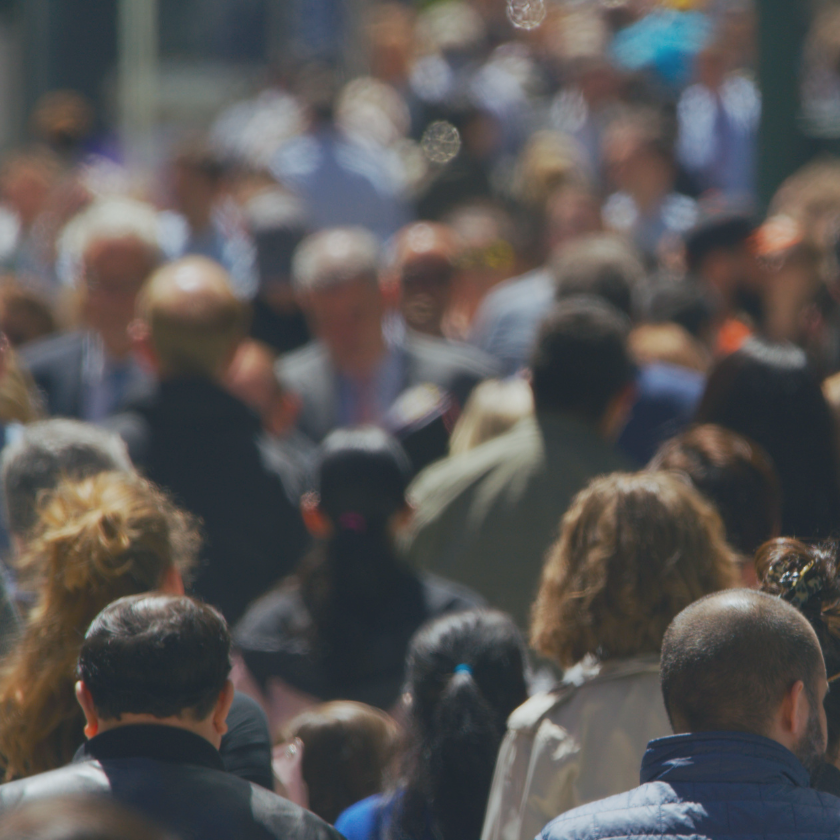


Is Germany becoming just like the other European countries?
After the recent electoral setbacks for Angela Merkel which saw the party Alternative for Germany (AfD) enter yet another two regional parliaments (Berlin and Mecklenburg-Western Pomerania), is there a possiblity for Germany to become just like the other European countries?


Tillykke, tillykke, tillykke: Europas nationalister jubler over »lussing« til Merkel
"Congratulations, Congratulations, Congratulations : Europe's nationalists welcome the "slap" for Merkel.
German elections: the AfD becomes “increasingly nationalist and right-wing populist”
On Sunday Angela Merkel experienced yet another electoral setback in the regional elections. In Mecklenburg-Western Pomerania, the chancellor’s conservative party was overtaken by the AfD.
German elections: Angela Merkel's party beaten by populists (2/2)
The Chancelor's party listed third behind the new populist party AfD in the North East of Germany.


German Anti-Migrant March Draws Thousands
Supporters of Germany's anti-immigration Pegida movement were back on the streets of Dresden Monday to protest against the government's plans to take in refugees.


El desfile militar pone a prueba las tensas relaciones entre China y Japón
Los actos que esta semana organiza China para conmemorar el 70 aniversario de su victoria ante Japón, coronados por un desfile militar en la plaza de Tiananmen, plantean un nuevo desafío a los lazos entre Pekín y Tokio, ya dañados en los últimos años por desavenencias históricas y territoriales.
Edward Snowden and democratization through the web
Why did Edward Snowden decide to disclose information related to U.S. secret services?
- Edward Snowden belongs to that generation of militants who do believe in the web as a tool for democratization, and do think that, to some extent, intelligence services of big states intend to monitor and to control the web at the expense of civil societies. This generation of militants believes in democratization through the web, and they want to fight against the "raison d'Etat". In that sense, there will be certainly other people like Snowden who will be ready to defend that cause of transparency. We'll see what is going to happen, but I definitely think he will become more and more a sort of a symbol of this cause, as Julian Assange is.
Russian Universities, Competitive or not?
Russian universities today face many difficult challenges. At the national level, schools must provide highly qualified personnel for the national economy, but also have a new mission: to become active actors in the diversification of the economy and the creation of innovation.

The "Arab Spring" has contributed to somewhat strain ties between Moscow and Ankara
Will there be a significant change of policy, in Russia itself and in its foreign affairs, during Putin's third term as president?
- For the past two months, Putin has published a series of seven pre-electoral articles in Russian newspapers. Each of these focus on a particular area of Russia's policy - its social, economic, defense policy, its external relations, etc.
The Russian Paradox
The clear dividing line between Russia’s state and nonstate higher education establishments is evident even in official statistics and national ratings. During the 1990s it became a cliché that the non-state universities could not offer a good level of training.
Support independent French research
Ifri, a foundation recognized as being of public utility, relies largely on private donors – companies and individuals – to guarantee its sustainability and intellectual independence. Through their funding, donors help maintain the Institute's position among the world's leading think tanks. By benefiting from an internationally recognized network and expertise, donors refine their understanding of geopolitical risk and its consequences on global politics and the economy. In 2025, Ifri supports more than 80 French and foreign companies and organizations.








